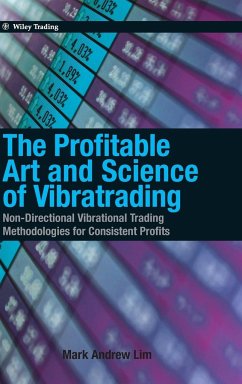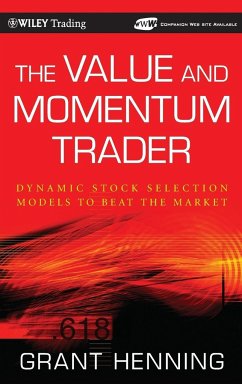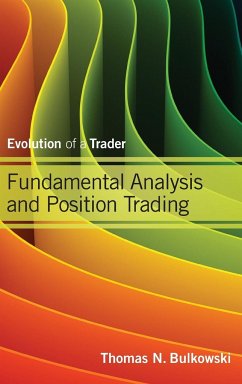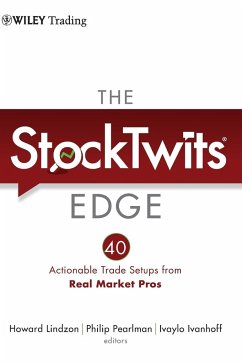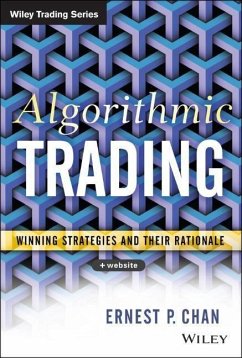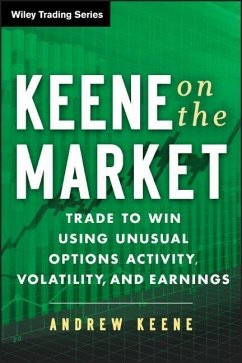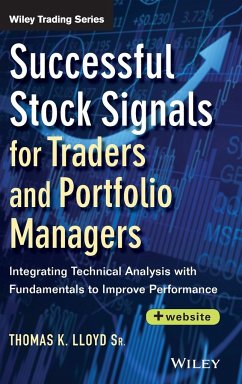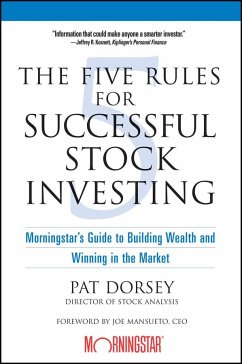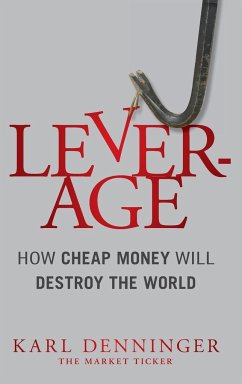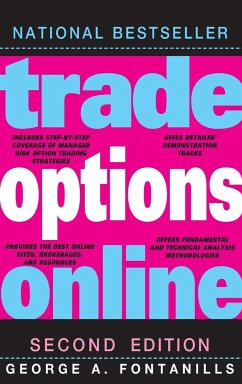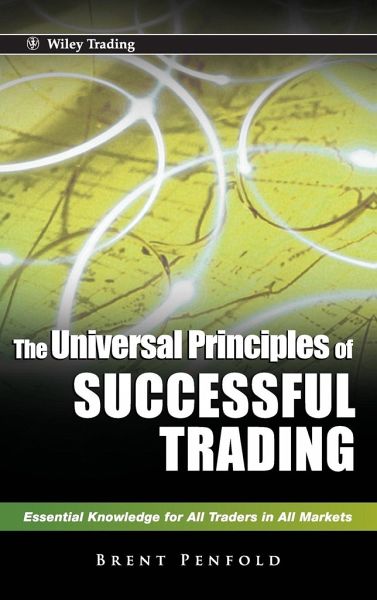
The Universal Principles of Successful Trading
Essential Knowledge for All Traders in All Markets
Versandkostenfrei!
Versandfertig in über 4 Wochen
45,99 €
inkl. MwSt.
Weitere Ausgaben:

PAYBACK Punkte
23 °P sammeln!
The Universal Principles of Successful Trading clearly and unambiguously articulates trading principles that distinguish the winners from the losers. Though trading can be performed in different markets, across different timeframes, and with different instruments based upon different techniques, there is one common thread that ties all winning traders together: the universal principles of successful trading. All consistently profitable traders adhere to them regardless of the markets, timeframes, and techniques. In this ground-breaking book from top trader, Brent Penfold, the reader will: * Le...
The Universal Principles of Successful Trading clearly and unambiguously articulates trading principles that distinguish the winners from the losers. Though trading can be performed in different markets, across different timeframes, and with different instruments based upon different techniques, there is one common thread that ties all winning traders together: the universal principles of successful trading. All consistently profitable traders adhere to them regardless of the markets, timeframes, and techniques. In this ground-breaking book from top trader, Brent Penfold, the reader will: * Learn how to develop a trading plan * Learn how to identify and create an effective methodology * Discover successful money management strategies * Understand trader psychology * And many more exciting trading and strategies secrets. Supporting the universal principles are rare interviews from a diverse group of successful traders. Some are the new young guns of trading and others are market legends who are trading just as actively today as they were over 50 years ago. They represent a diverse group of traders from the United Kingdom, America, Singapore, Hong Kong, Italy, and Australia. All of them have generously agreed to offer the reader one singularly powerful piece of advice to help them towards their trading goals. Each piece of advice emphasizes an essential element of the universal principles. This timely and exciting book from Brent Penfold has already garnered many accolades and looks set to become a modern-day classic.



